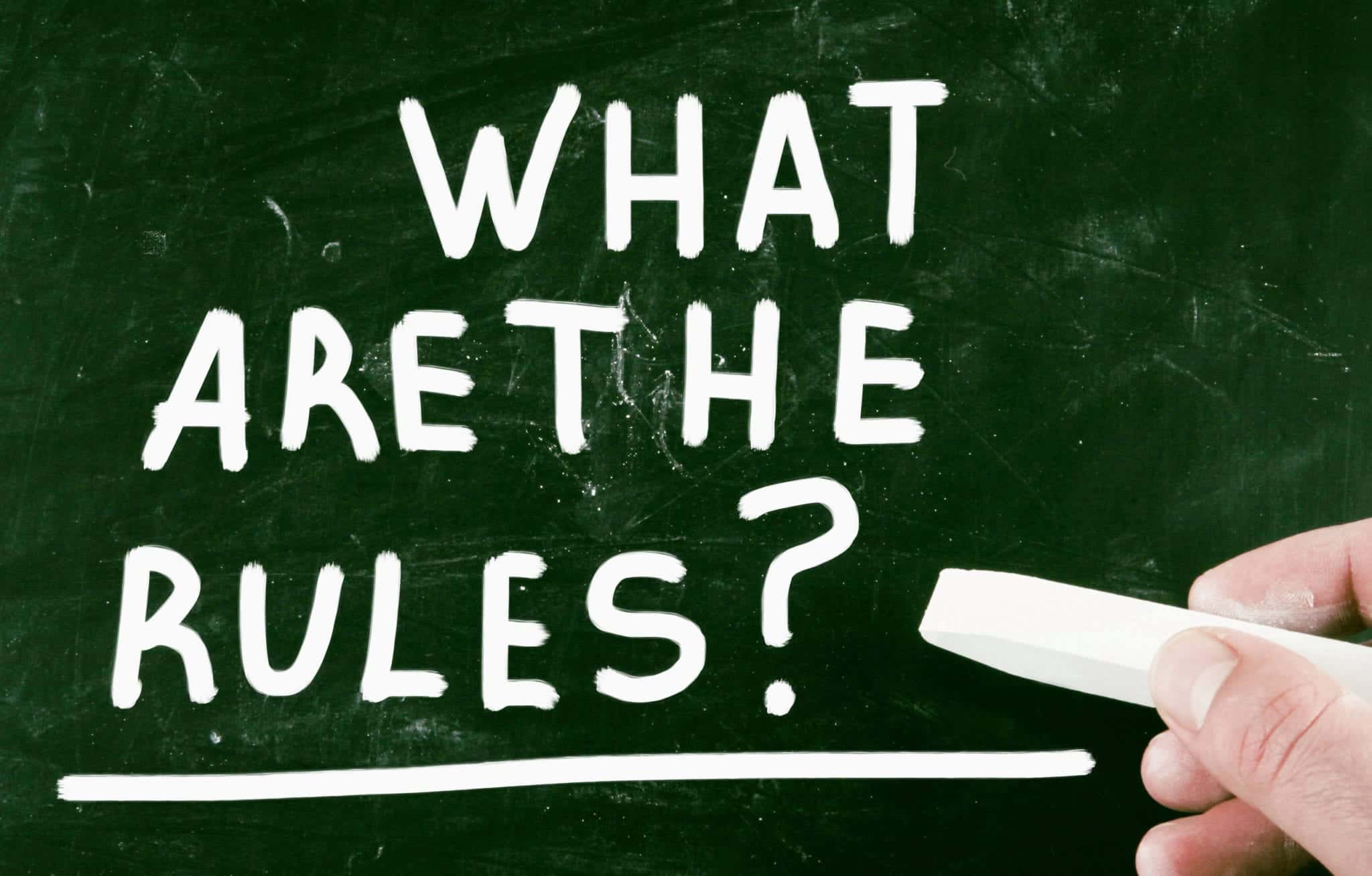Originally published by John Floyd.
Plea deals are a fixture in the U.S. criminal justice system. In fact, many people with no direct connection to the criminal justice system know what plea bargaining is, thanks to popular television crime dramas. The reality of plea deals, however, can sometimes be a little dicier than your prime time court series suggests.
A good example of a plea agreement that isn’t acceptable can be found in Kentucky case involving the Breonna Taylor tragedy.
Kentucky Plea Deal Asks Defendant to Lie
For those who aren’t aware, Breonna Taylor was shot to death by police serving a no-knock warrant on her residence Louisville in an effort to find evidence linking her to the crimes of her ex-boyfriend.
No evidence was found, but that didn’t stop prosecutors from trying to get her ex-boyfriend to agree to a plea agreement that listed her as a co-conspirator – something he refused to do.
So how do you know what is acceptable in a plea bargain and what isn’t? Learn more about plea bargains here.
What Does It Mean to Plea Bargain in Texas?
A plea bargain, or plea agreement as they are more often referred to, is a sort of compromise with the prosecutor. Though every person is innocent until proven guilty, the defendant will enter a certain plea in a criminal case in exchange for agreed-upon considerations.
These considerations often include one of these things:
- Fact bargaining
- Changes to the underlying charge
- Lower sentence proposal
The entire point of a plea bargain is to place the defendant in a better position to face lesser charges or sanctions in their case. They plead guilty or no contest to the crime in exchange for agreed upon benefits.
The Problems with Plea Bargains
One of the problems with plea bargains is that they can be coercive. Just like the plea deal offered to Breonna Taylor’s ex-boyfriend, prosecutors can pressure defendants to take bad deals through the use of punitive measures, such as:
- Pretrial detention that separates a defendant from their job, community, and family as they await trial;
- Discovery rules that are lax, allowing prosecutors to hide evidence that may favor the defendant during negotiations;
- Mandatory minimum sentences and sentence enhancements they can dangle over the head of the defendant in order to pressure them to make the deal; and/or
- Zero requirements of transparency on the part of the prosecution which can take away the ability of defendants and their attorneys to properly scrutinize the plea deal
Although plea bargaining is a constitutionally practiced process in the criminal justice system, the deals often do not offer the due process that every American is entitled to under the Constitution.
The power dynamics of the court in the area as well as the leverage they can hold over the defendant often guide the case, not the law or the facts.
Plus, the process can occur almost entirely behind closed doors, which may not be the fair process that those who wrote the laws (or the State Constitution) had in mind.
Are There Benefits to Texas Plea Agreements?
A good defense attorney is essential to ensure you’re getting a fair deal with a plea bargain – if that’s the route you choose to go in your case.
There are benefits to plea agreements that may make you want to consider one, as long as you’re getting a legally acceptable deal. These benefits include:
- They allow you and your attorney some level of control in the outcome of the case;
- They allow your case to move through the system must faster; and/or
- They often offer a better resolution than you would otherwise get if convicted at a criminal trial
If negotiated in a fair manner, plea bargains can be beneficial to everyone. The trick is to understand when you’re being treated fairly and when you’re not.
The post Plea Bargaining in Texas: What’s Acceptable and What Isn’t appeared first on .
Curated by Texas Bar Today. Follow us on Twitter @texasbartoday.
from Texas Bar Today https://ift.tt/2EaZ1Lw
via Abogado Aly Website


No comments:
Post a Comment